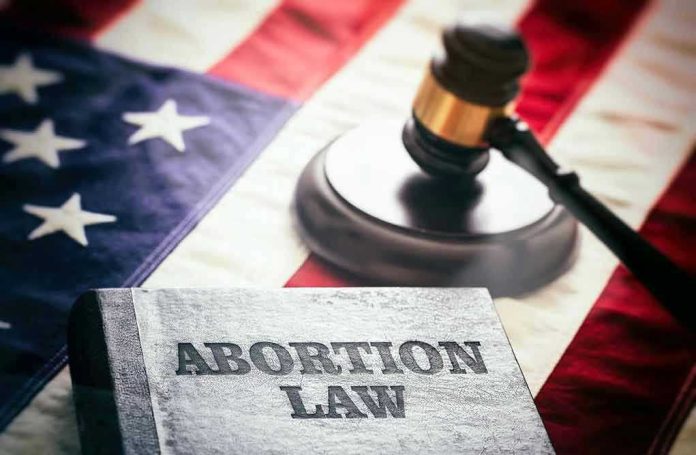
A radical South Carolina abortion bill that would have sentenced women to decades in prison for ending pregnancies has stalled in committee, marking a victory for constitutional rights and common sense legislation.
Story Highlights
- Extreme bill would have allowed judges to imprison women for decades over abortion decisions
- Proposed legislation threatened to restrict IUDs and in vitro fertilization treatments
- Bill failed to advance out of legislative subcommittee on Tuesday
- Measure would have been the most restrictive abortion legislation in the United States
Extreme Penalties Proposed for Women
The South Carolina legislation would have granted judges unprecedented authority to sentence women who obtain abortions to prison terms spanning decades. This draconian approach represents government overreach at its most alarming, targeting individual women with criminal penalties that exceed those for many violent crimes.
The bill’s failure to advance demonstrates that even conservative legislators recognize when proposed measures cross fundamental lines of constitutional governance and personal liberty.
Medical Treatments Under Threat
Beyond abortion restrictions, the legislation posed serious concerns for couples struggling with infertility by potentially limiting access to in vitro fertilization procedures. The bill also threatened common contraceptive methods like IUDs, which millions of American women rely on for family planning.
These provisions would have created dangerous precedents for government interference in private medical decisions between patients and their doctors, undermining the doctor-patient relationship that conservatives have long defended.
Legislative Process Halts Overreach
Tuesday’s subcommittee action effectively killed the measure, preventing what would have become the nation’s most restrictive abortion law from advancing. This outcome reflects the importance of careful legislative review and the checks and balances built into our constitutional system.
While many conservatives support reasonable restrictions on abortion, this particular bill’s extreme nature and potential for constitutional violations made its failure a necessary result that protects both individual rights and proper governance principles.
Sources:
What Would Have Been the Most Restrictive Abortion Bill in the US Stalls in South Carolina




